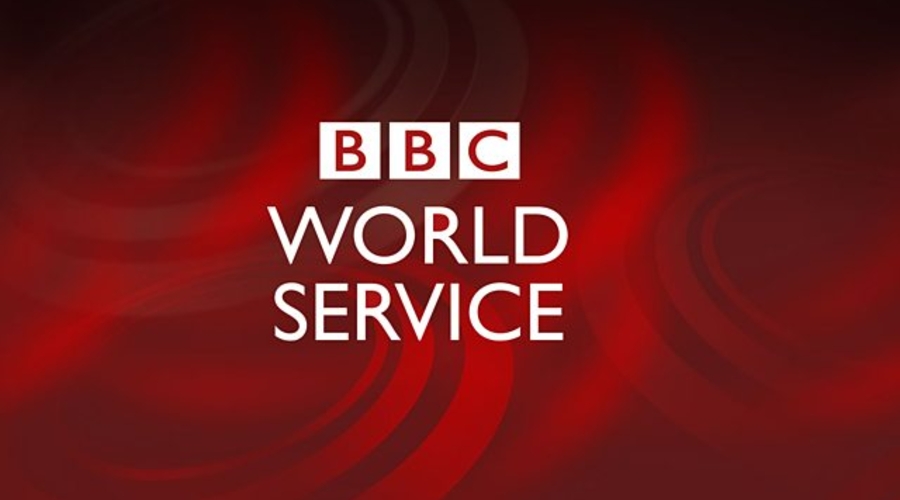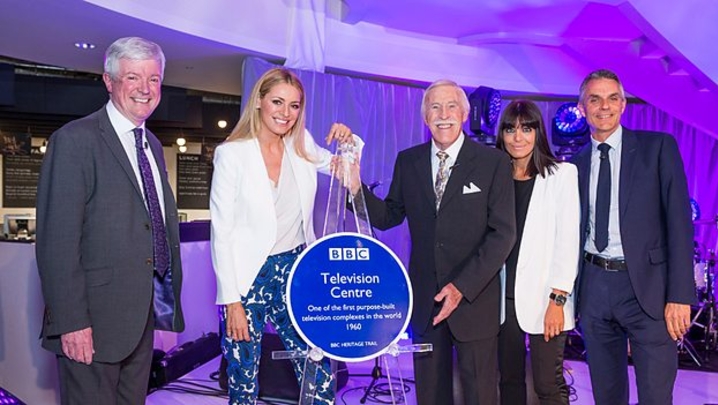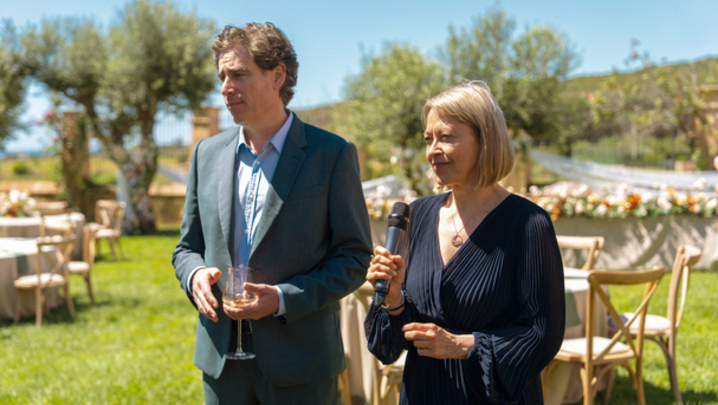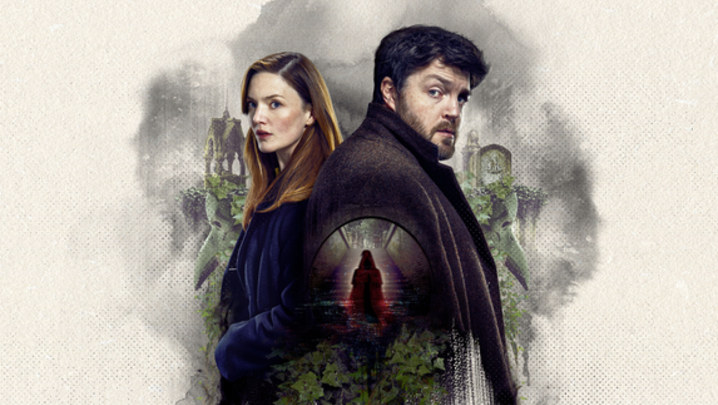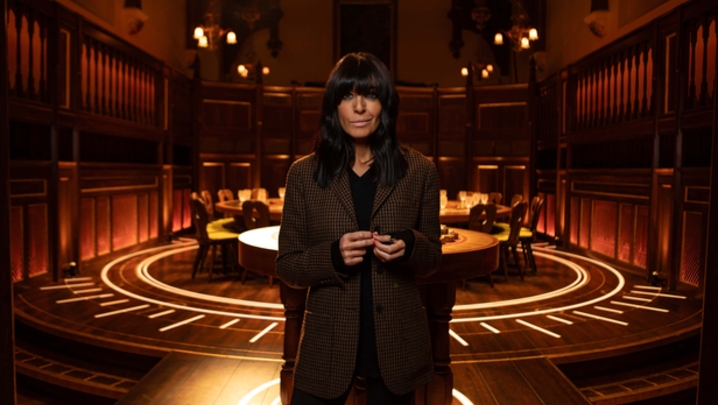The World Service’s ambitious plans to increase the BBC’s global audience to 500 million by 2020 came under the microscope at an RTS London event in late January.
On the back of a £290m funding boost, BBC World Service is in the middle of its biggest expansion since the 1940s.
Its growth – in “areas of common interest” for the BBC and the Foreign Office, which is footing the bill – will see new TV, radio and digital services launched around the world in existing and 12 new languages, including Gujarati, Korean, Pidgin, Serbian and Yoruba.
The BBC's priority areas for investment, which include the Horn of Africa and Korea, are those where “there isn’t access to free information”, explained Adrian Van Klaveren, head of the World 2020 programme of investment. The Corporation is also looking to increase TV and online reach where it already has a strong radio presence such as Nigeria.
In other areas, said Van Klaveren, “there is clearly a geo-political interest from the Foreign Office in trying to strengthen free information, and that is true of investment in Russia and in Arabic [countries]”.
He explained that the BBC was looking to attract more younger and female viewers and listeners to address the “mail skew within the World Service audience”, arguing that “high-quality, original journalism” would attract an extra 80 million watching and listening every week by 2020.
The World Service will continue to tell the stories that governments don’t want told. “We won’t make the compromises that some are willing to make,” said Van Klaveren. If it did, “what we stand for, what we’re trusted for counts for nothing. We won’t compromise on our journalistic principles.”
However, he argued that the type of content offered by the World Service will have to move beyond hard news, if it is to win larger audiences: “A diet [of news] which is pure geo-politics and big international crises is not going to do the trick – you’ve got to do things that draw the world together and connect to people’s lives.” A new, broader definition of news includes health and technology programming.
In India, argued Juliana Iootty, head of the World Service in Asia, “there is a need for news that is trustworthy”. She revealed that there were more than 100 channels in India that offer news, which she characterised as “shrill and loud” in style. A debate is often “two people sitting, side by side, shouting at each other. It’s more show business than actual news.” She added: “Our role at the BBC is to provide news that is high impact and engaging, but also serious, quality journalism.”
While radio remains important and digital audiences are increasing rapidly, albeit from a low base, it is TV that is the focus of the investment. “People talk a lot about digital and mobile – and those are important and will become ever more important – but still our biggest growth is through television,” said Adrian Van Klaveren.
The BBC is investing in new and expanded news bulletins, often in partnership with other broadcasters. “This is a way of getting BBC content into [new] places,” he said. It is also investing in new facilities around the world in cities such as Delhi and Lagos.
Nicky Goldberg heads the World Service’s Television Unit, which works in 15 languages and enables “the best of the BBC’s journalism, in whichever language it originates, to travel much further”.
The unit reversions bulletins into other languages, although occasionally it is stumped. “Our Uzbek team wanted a bulletin in Cyrillic, Arabic and Latin script, simultaneously, in a 10-minute piece of television, which we couldn’t do,” he said.
David James, technology manager at World Service Distribution, discussed the technical problems he faces: Soviet-era equipment, bureaucratic red tape; and even attacks from wildlife.
“We lost a satellite feed in West Africa after a monkey [damaged] one of our satellite dishes,” he recalled.
The RTS London event, “BBC World Service”, was held at ITV London Studios on 24 January 2018, and was chaired and produced by Aradhna Tayal.

